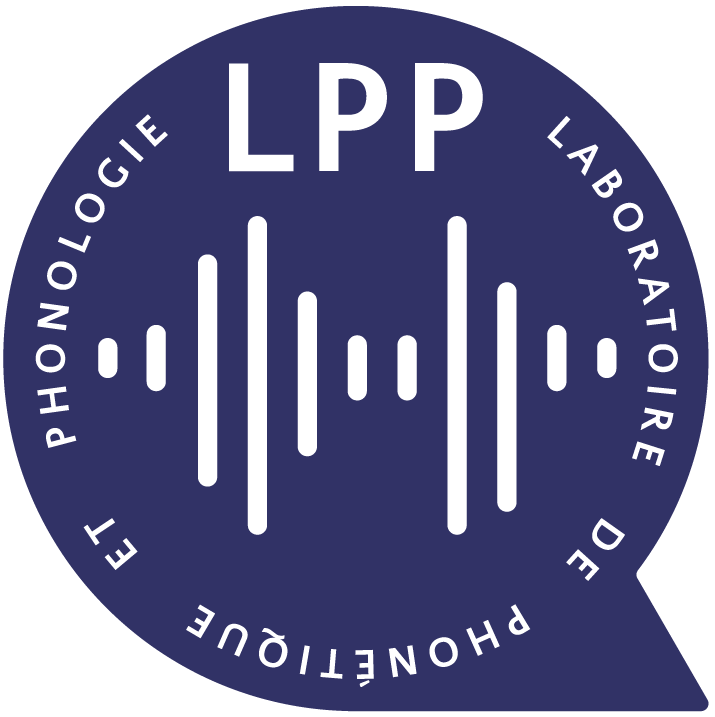Incomplete neutralization refers to small but significant phonetic traces of underlying contrasts in phonologically neutralizing contexts. The present study examines whether Russian assimilatory palatalization in C+j sequences also results in incomplete neutralization with respect to underlying palatalized consonants. Russian contrasts plain and palatalized consonants, e.g., /p/ vs. /pj/ with the “plain” stops possibly having a secondary articulation, involving retraction of the tongue dorsum (velarization/uvularization). However, Russian also has stop-glide sequences that form near-minimal pairs with palatalized stops: e.g., /pjot/ ‘drink (3ps pres)’ vs. /pʲok/ ‘bake (3ps past).’ In the environment preceding palatal glides, the contrast between palatalized and plain consonants is neutralized, due to the palatalization of the plain stop: /pjot/à[pʲjot] (assimilatory palatalization). The purpose of the study is to explore whether the neutralization is complete. To do so, we conducted an electromagnetic articulography (EMA) experiment examining temporal coordination and the spatial position of the tongue body in derived and underlyingly palatalized consonants. Articulatory results from four native speakers of Russian (one male) revealed that gestures in both conditions are coordinated as complex segments; however, there are differences across conditions consistent with the residual presence of a tongue dorsum retraction gesture in the « plain » obstruents. We conclude that neutralization of the plain-palatal contrast in Russian is incomplete—consonants in the assimilatory palatalization exhibit inter-gestural coordination characteristic of palatalized consonants along with residual evidence of an underlying tongue dorsum retraction (velarization/uvularization) gesture.
Prochains événements
Voir la liste d'événementsSRPP Beyond reaction time: Articulatory evidence of perception-production link in speech using the Stimulus-Response Compatibility paradigm.
Takayuki Nagamine (Department of Speech Hearing and Phonetic Sciences, University College London)
SRPP 13/03/2026 Christophe Corbier
Christophe Corbier (CNRS, IReMUS)
SRPP 20/03/2026 Claire Njoo
Claire Njoo (Université Paris-Sud)
SRPP 27/03/2026 Rasmus Puggaard-Rode
Rasmus Puggaard-Rode(University of Oxford)


